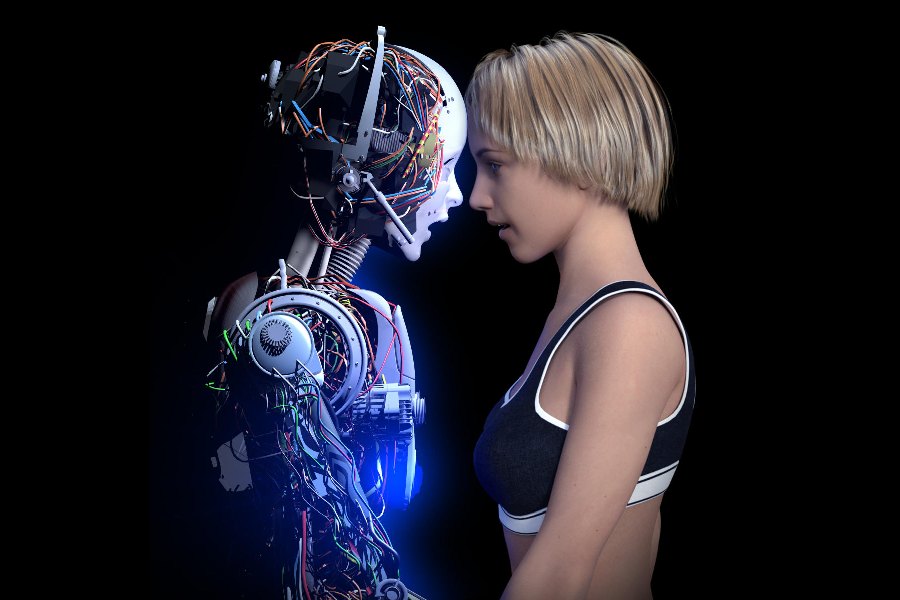Book: STOLEN HOURS AND OTHER CURIOSITIES: THE COLLECTED SCIENCE FICTION STORIES
Author: Manjula Padmanabhan
Published by: Hachette
Price: Rs 599
Manjula Padmanabhan’s book is an exhilarating, amusing, somewhat disturbing, but thoroughly entertaining collection of science-fiction stories. The contents page enlists 25 stories; but technically, there are 26. Published for the first time, “Octobaby” is a micro-fiction plastered on the hardback. Others from the fresh lot include “Talkers”, “The Empty Glass”, and “A Cline’s View”. The rest has been widely anthologised and published in magazines over the years.
Throughout the collection, there’s an undercurrent of toying with the ideas of gender, boundaries, and Otherness. For example, while there’s food for thought for readers whether they could share the air they breathe with others, there’s also an opportunity to assign gender to a personal assistant. The latter is demonstrated in the story, “Upgrade”, which makes for heart-warming reading for several reasons. In the story, instead of a “good old-fashioned servant”, the granddaughter has bought a personal assistant (a bot) for her grandmother. While the grandmother feels that this act comes from a place of care and love, she’s mindful that it has its roots in guilt, for none of her daughters and grandchildren chooses to stay with her.
Mutual respect, tolerance, and celebrating the everyday seem to be the binding forces of this book; organically so because it’s a collection by a writer who has always felt like “a naturalised outsider, a foreigner to everywhere.” Possibly because Padmanabhan grew up in different countries, she effortlessly blurs boundaries and mixes a variety of worldviews in manufacturing an alternative reality in her stories. For example, there are bots in this book that are cognisant of their feelings and want to exact revenge for the “cruel servitude” they’ve experienced at the hands of the organics (“Interface”). But what’s disturbing is that there’s an array of stories that feel eerily real: Padmanabhan shares the possibility of gene-editing advancing to a stage when even “cautiousness” could be altered (“Adaptation”), the sensation of all sorts of pain eradicated (“The Pain Merchant”), and a serum called “Gandhitoxin” could be produced (“Essence of Gandhi”).
Padmanabhan also falls back on mythologies and alters their script to illuminate them in their sci-fi retelling — “Exile” and “The Other Woman” are cases in point. The other node of familiarity can be sensed in “Cool”. The protagonist’s love for a virtual assistant is similar to the one explored in the Spike Jonze-directed movie, Her.
What, however, demonstrates best the exciting world of possibilities this book celebrates is its titular story, “Stolen Hours”. Here, our protagonist, the Rat, theorises “time and life” to be the same and, with that in mind, attempts to “collect and store time” as batteries store charge. The sheer magnitude of the experiment and the investment to exploit the realm of possibilities — by either stretching and adding multiple dimensions to an idea or teasing the temporal fields — signal the writer’s job: to have fun with words in a manner so that readers have twice of that.










